Roosevelt Institute staff reviewed this page prior to publication.
The Open Philanthropy Project recommended a grant of $200,000 to the Roosevelt Institute to support work on macroeconomic policy.
Macroeconomic stabilization policy is one of our focus areas. This is one in a series of grants attempting to build up the capacity of progressive think tanks on macroeconomic policy issues we see as important.
We would characterize the work that these grants will support as falling into two main areas:
- Preparing for the next U.S. recession, which we would guess is likely to occur before interest rates return to “normal” levels.1 This could include exploring:
- Monetary policy tools that the Federal Reserve (“the Fed”) could use if it were to return to the zero lower bound on nominal short term interest rates, such as quantitative easing or a change to the inflation target
- Proposals for automatic stabilizers that Congress could put in place to reduce the need for discretionary responses to the next recession
- Proposals for novel fiscal stimulus measures in case a recession does strike
- Making the case for the importance of continued focus on reducing unemployment and against premature monetary tightening today. We think it will eventually be appropriate to raise interest rates but that the Fed is more likely to raise prematurely than belatedly, and that doing so carries greater welfare costs, so we see value in supporting work that argues for a continued focus on unemployment.
Our funding will allow existing Roosevelt staff to focus on these issues, as well as supporting the hiring of an additional staff economist and part-time research assistant. These researchers plan to undertake two projects on the topics listed above: one to build out the monetary policy toolkit available to the Fed (“Monetary Policy Toolkit”), and one to investigate the potential for continued recovery from the Great Recession (“Anti-Hysteresis”). More about these projects is laid out in Roosevelt’s concept paper for this grant.2
Our key uncertainty for this grant, along with our other grants to think tanks for work on macroeconomic policy, is whether work by think tanks on these issues is likely to sway decisionmakers at the Fed or in Congress. We would guess that the work we support is relatively unlikely to affect policy, but that if it did our support would be justified many times over, and we see that as a bet worth taking.
Sources
| DOCUMENT | SOURCE |
|---|---|
| Federal Reserve Bank of St. Louis, Effective Federal Funds Rate | Source (archive) |
| Roosevelt Institute, Concept Paper | Source |
